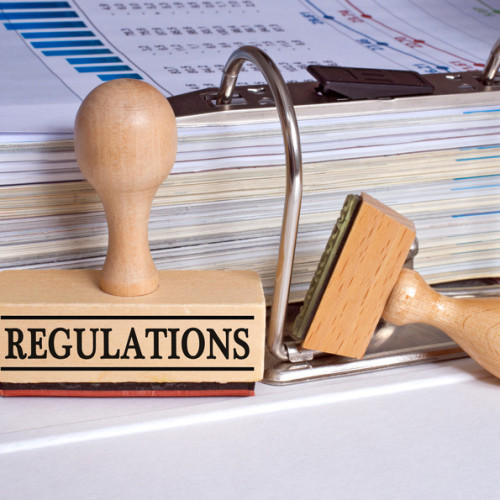
The use of algae biomass in foods is a growing market in Europe. On February 2024,a list of more than 20 new algae species has been added to the Novel Food catalogue. When there is the evidence of a traditional use of algae in any EU Member State before 15 May 1997, their use as foods and food supplements is not considered as novel and is not subject to a long and costly pre-market approval procedure according to the Novel Food Regulation. A list of around 50 algae species considered as not novel is now available in the EU Novel Food catalogue.

The World Gastroenterology Organization (WGO) recently released an updated guideline document, aimed at helping gastroenterologists and other physicians understand the appropriate clinical applications of probiotics or prebiotics. The guideline was created with input from experts in gastroenterology, probiotics and prebiotics, with efforts co-led by experts from the International Scientific Association for Probiotics and Prebiotics (ISAPP). To create these guidelines, experts comprehensively evaluated the evidence from randomized, controlled trials for gastrointestinal conditions, including which specific prebiotic strain or substance showed a positive effect. The guidelines present a list of conditions for which there is positive evidence for the effectiveness of probiotics and/or prebiotics.

On 1 August 2023, the EU Commission published implementing Regulation (EU) 2023/1581 amending Implementing Regulation (EU) 2017/2470 as regards the conditions of use of the novel food ‘astaxanthin-rich oleoresin from Haematococcus pluvialis algae’. The new Regulation extends the conditions of use in food supplements for children aged 3 to less than 10 years and for adolescents aged 10 to less than 14 years of age (1).

The cannabidiol, CBD, an active substance most often of natural origin, is one of the phyto-cannabinoids. CBD, as the tétrahydrocannabinol (THC ), is present in the cannabis flowers and leaves. It is a non-addictive psychotropic drug, unlike THC. It is also a component in the form of an extract, medicine, or everyday consumer products, only some of which are authorised in France under specific conditions of THC content. In addition, CBD is considered at European level as a novel food whose safety is currently being assessed by EFSA.

The publication of a statutory instrument finally allows certain edible insects to be legally placed on the British market.

Under a new Regulation, lesser mealworm larvae enter the list of authorized novel foods.

Alphitobius diaperinus larvae may soon be on our plates!

On 28 June 2022, a webinar information session was held to present the recently published EFSA “Statement on safety of cannabidiol as a novel food: data gaps and uncertainties” to stakeholders.

The conditions of use of the ingredient are now set by Regulation (EU) 2022/860.

The conference was held on April 26th and 27th, and hosted a series of high caliber speakers